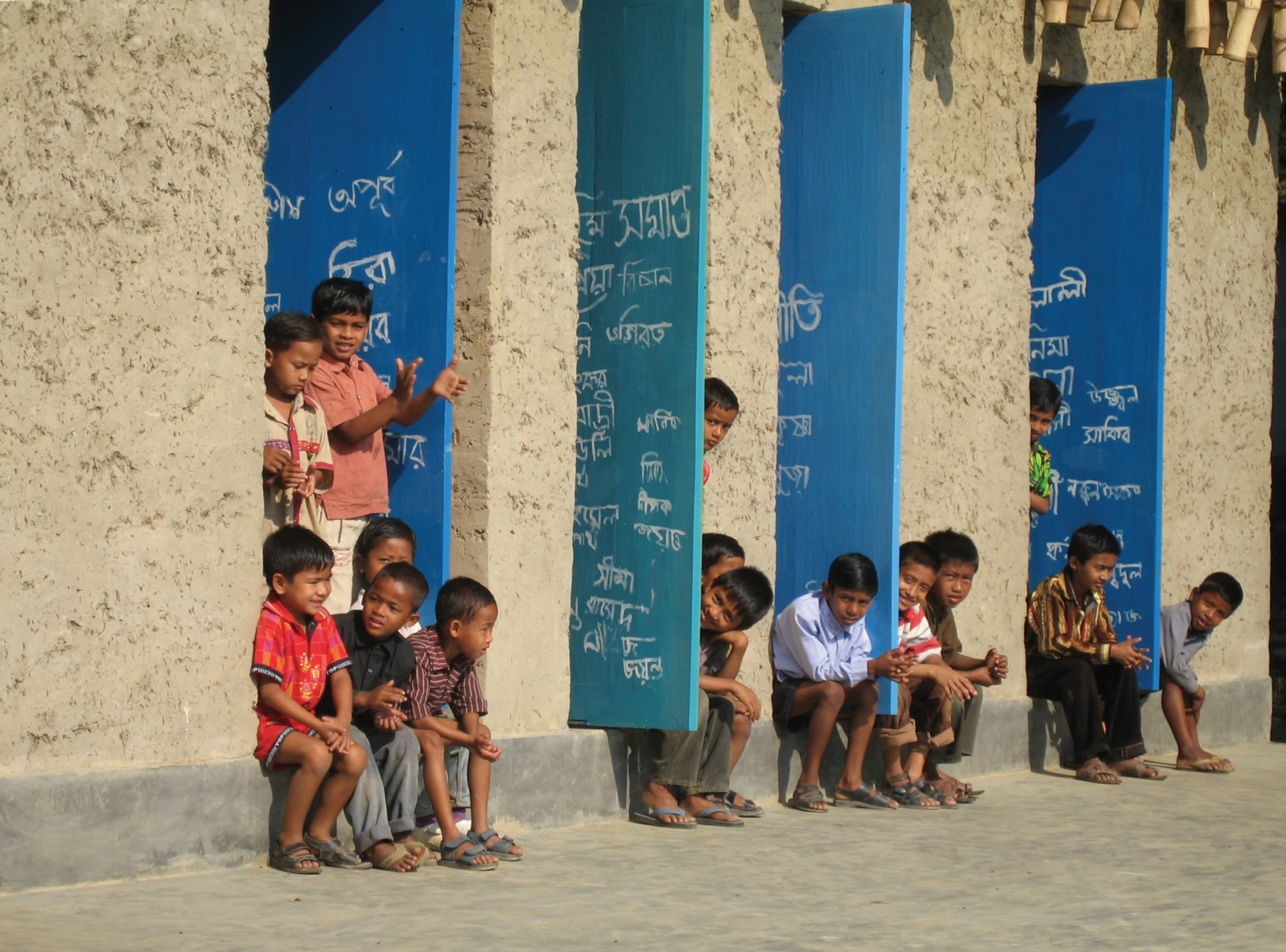Eike Roswag-Klinge
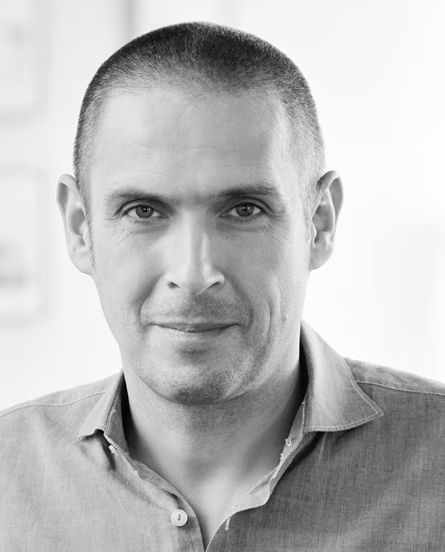
Eike Roswag-Klinge is the founder of the Natural Building Lab at the Technische Universität Berlin and co-initiator of ZRS Architekten Ingenieure (2003). With his teams he undertakes research, planning and realization projects in diverse global contexts with a focus on holistic, climate adaptive design solutions that allow the reduction of technology. The focus of current research is the development of healthy low-tech building shells that can control humidity levels through the use of natural building materials such as earth and timber, as well as the development of circular construction elements. Roswag-Klinge and ZRS have been recognized by a number of international prizes and awards including the Aga Kahn Award for Architecture 2007, the KAIROS European Kulturpreis 2015, the Holcim Award Gold 2011 Asia-Pacific, and the BDA-Preis Berlin.
As a globally recognized, Berlin-based architect, Eike Roswag-Klinge works on natural buildings made of earth, bamboo and timber and their cultural, climatic and traditional values, reflecting the options and potentials of post-fossil society—the society of change. He states: “We are definitely green, there is no doubt about it. It is a very wide concept, is getting even wider, and more diversified. But we are not fundamentalists and certainly don’t have a monopoly on truth. We take a clear stance but are also open to new things. We are in search of what could be called an intelligent low-tech solution. That said, we are at times also fascinated by perfectly fast cars and motorcycles.” “We aim to improve the relevant situation while respecting the already existing (methods of construction and) structures, using natural materials to construct modern, in other words energy-efficient buildings, in which people feel at home.”
Roswag-Klinge is the 2007 Aga Khan Award Winner for the School in Rudrapur, Bangladesh with architect Anna Heringer. Hand-built in four months by the architects, local craftsmen, pupils, parents and teachers, this primary school uses traditional methods and materials of construction but adapts them in new ways. The AKA Jury citation read: “The approach—which allows new design solutions to emerge from an in-depth knowledge of the local context and ways of building—clearly provides a fresh and hopeful model for sustainable building globally. The final result of this heroic volunteer effort is a building that creates beautiful, meaningful and humane collective spaces for learning, so enriching the lives of the children it serves.”
The Conveners wish to express their sincere appreciation to Farrokh Derakhshani, Director for the AK Award, for sponsoring Prof. Raswag’s participation in the Symposium and for forwarding the posters illustrating the project.
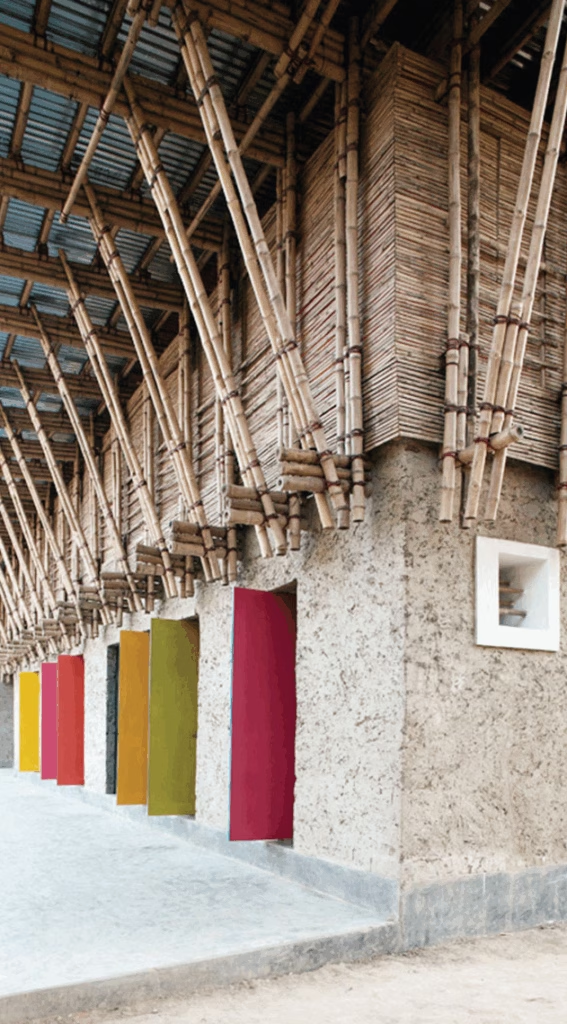
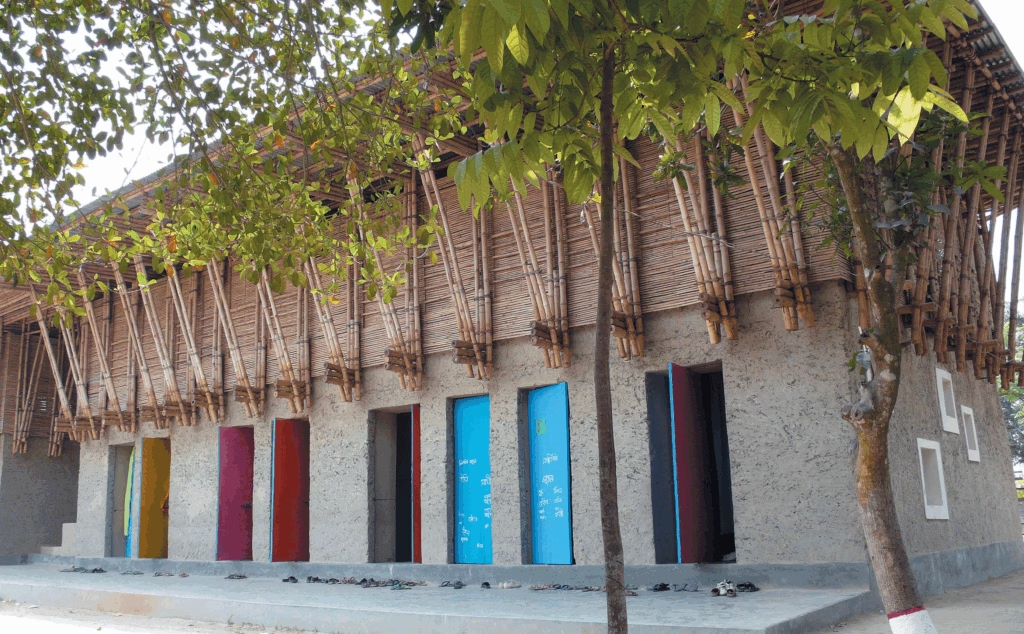
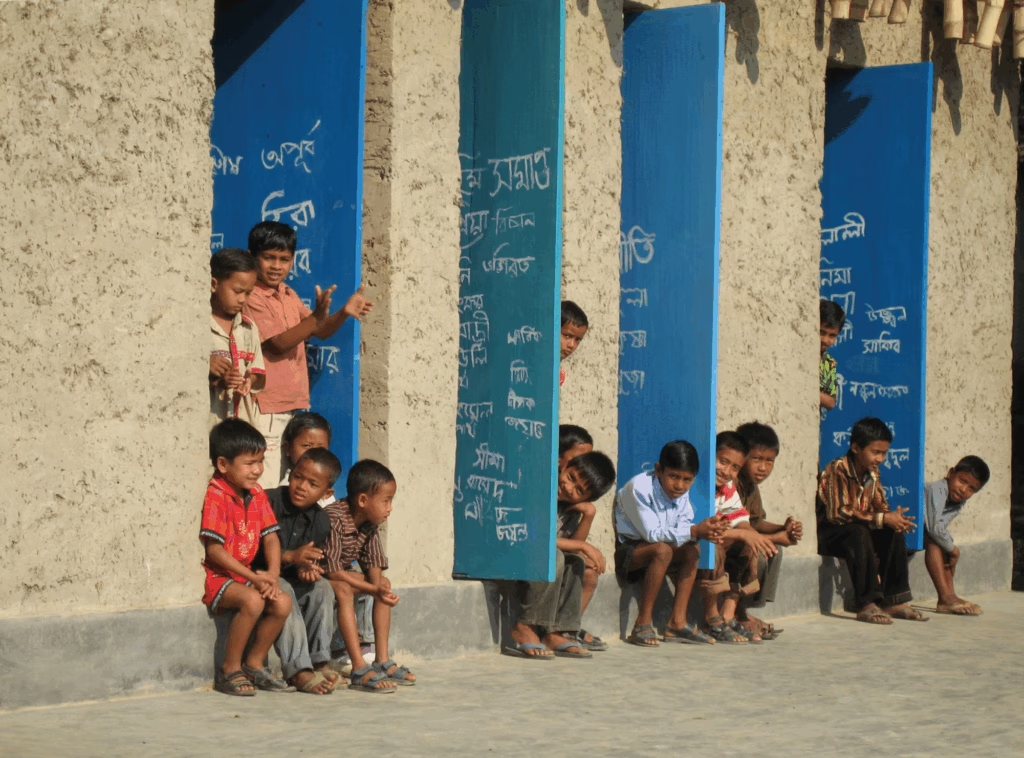
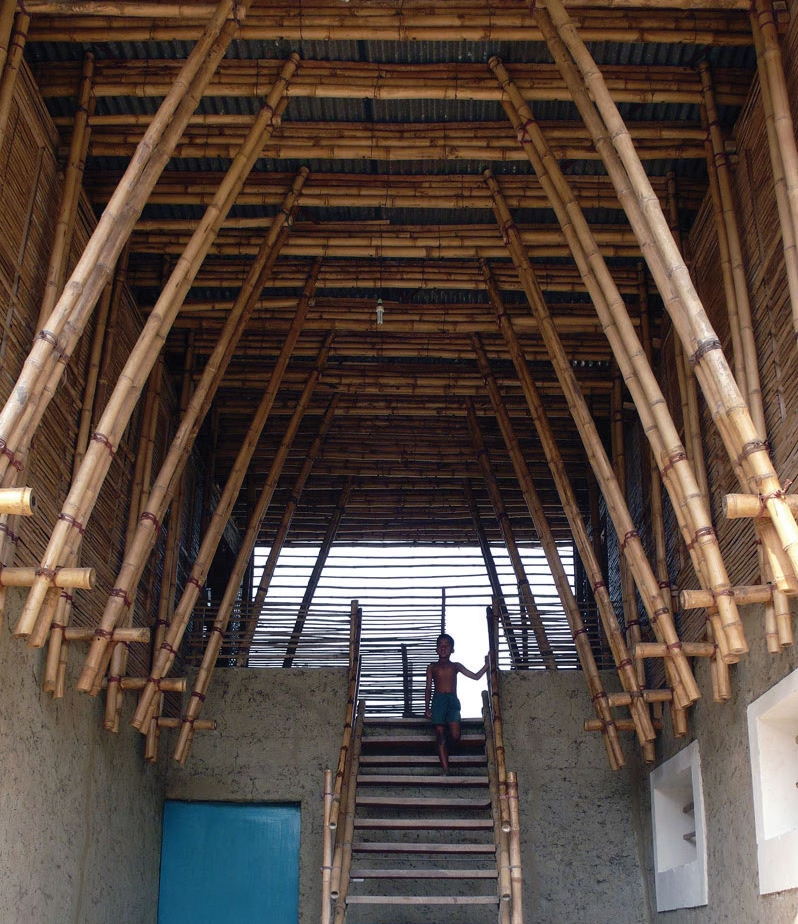
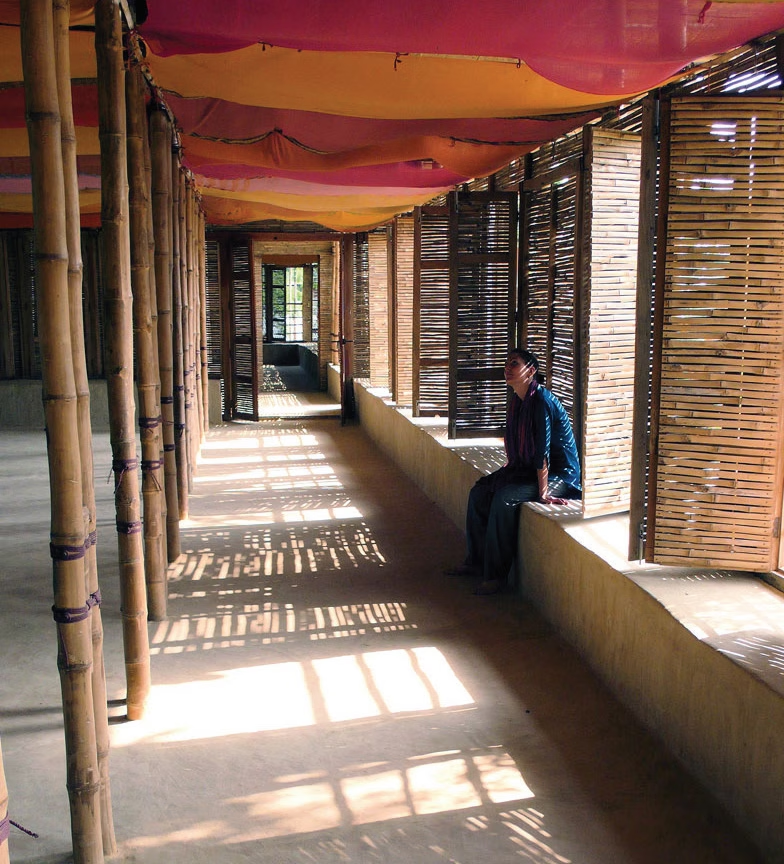
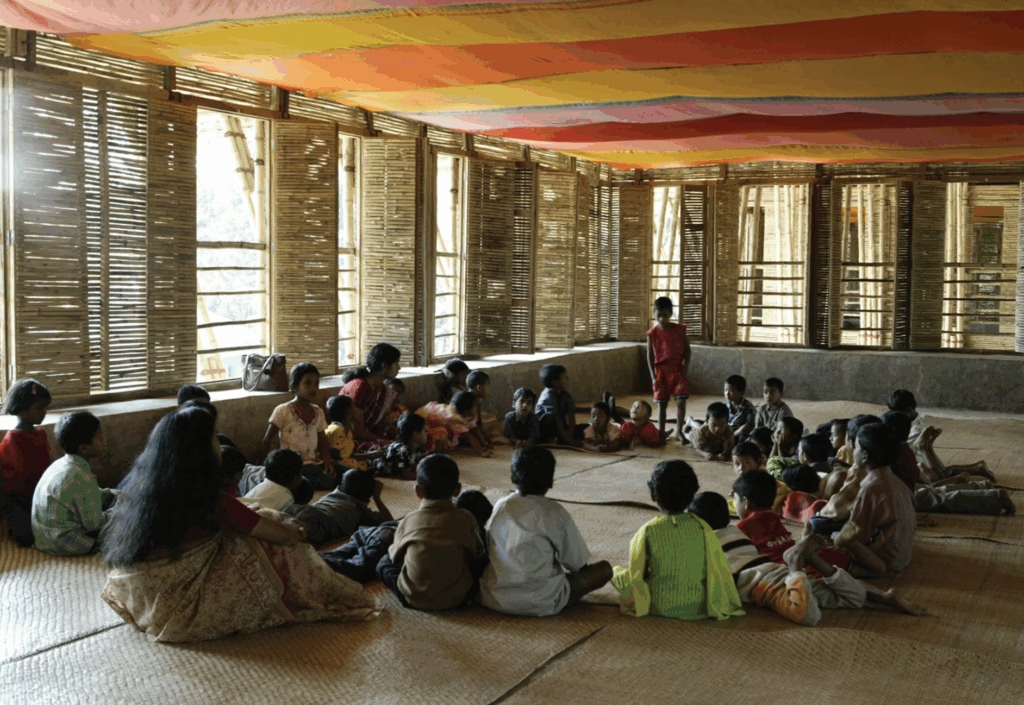
Published in 2A Magazine# 45, Summer 2020

